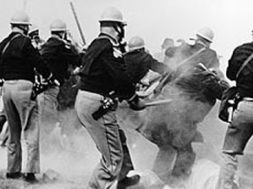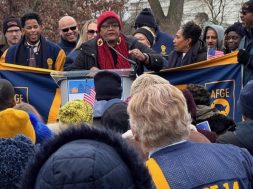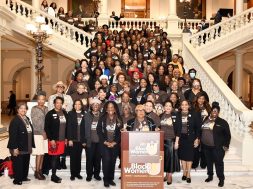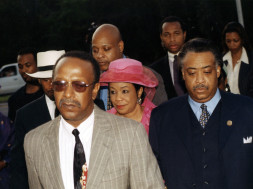
Chenault and Immelt Push Jobs – by Marc H. Morial
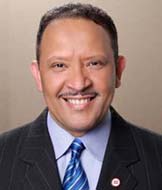
Last week, in Raleigh-Durham, the heart of North Carolina’s Research Triangle Park, President Obama received the first set of job-creating recommendations from his 26- member Jobs and Competitiveness Council headed by GE Chairman and CEO, Jeffrey Immelt and American Express Chairman and CEO, Kenneth Chenault. Other members of the Council include the heads of Boeing, Comcast, Southwest Airlines, and the AFL-CIO. In addition to Chenault, other prominent African American Council members include, Ursula Burns, Chairwoman and CEO of Xerox; Richard Parsons, Chairman of Citigroup; and Roger Ferguson, President and CEO of TIAA-CREF. The President created the Council last February, bringing together the best thinking of large and small business owners and worker-rights advocates in an innovative partnership with government to address the immediate unemployment crisis and improve American competitiveness. We applaud this important collaboration and are encouraged by last week’s progress report.
The urgency of the Jobs Council’s effort was underscored by the release last week of a National Urban League Policy Institute report entitled, “A Long Road Back to Work: The Realities of Unemployment Since the Great Recession.” Our report highlights the disturbing fact that 45.5 percent of unemployed persons have been without jobs for six months or longer, with African Americans and Latinos faring much worse. While African Americans make up 12 percent of the labor force, they comprise 24 percent of the long-term unemployed. Latinos are 15 percent of the labor force and make up 28 percent of the long-term unemployed. Since the likelihood of finding a job decreases the longer one is unemployed, this phenomenon has the potential of creating a permanent class of unemployed citizens.
Clearly, as the National Urban League’s 12-point Jobs Rebuild America plan recommends, we need a dynamic public-private initiative to create jobs and train urban residents for employment in key growth areas, including technology, broadband, manufacturing and clean energy.
In their report to the President and in a Wall Street Journal op-ed, Chenault and Immelt echoed many of our recommendations. They outlined specific steps to spur job growth in high-potential sectors, while also addressing areas of concentrated unemployment.
They call for stronger partnerships with community colleges and others to train workers for the two million open jobs in the U.S. that remain unfilled simply because employers can’t find workers with the advanced manufacturing skills they need.
They recommend cutting red tape so job-creating construction and infrastructure projects can move forward; boosting jobs in travel and tourism; providing more help to small business owners in need of SBA loans; and putting construction workers back to work upgrading the energy efficiency of commercial buildings.
As Chenault and Immelt point out, obviously more must be done. But these initial recommendations will put us on a path to create millions of jobs. The Jobs Council’s report is in stark contrast to those whose only plan is the tried and failed strategy of more tax cuts for the wealthy. The President’s Jobs and Competitiveness Council is off to a good start. We will continue to monitor its progress and keep you posted on its work as we continue to push for targeted jobs policies for America’s Urban Communities where joblessness is unacceptably high.

